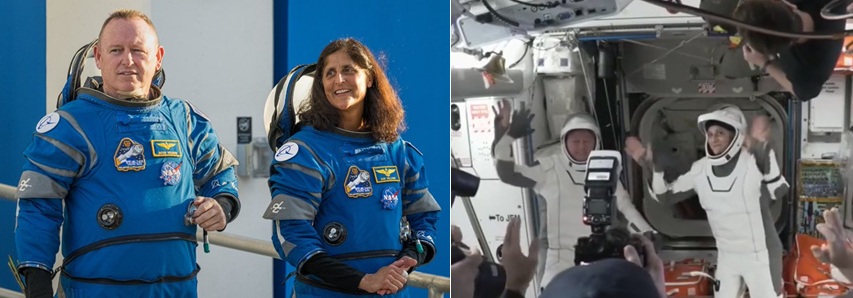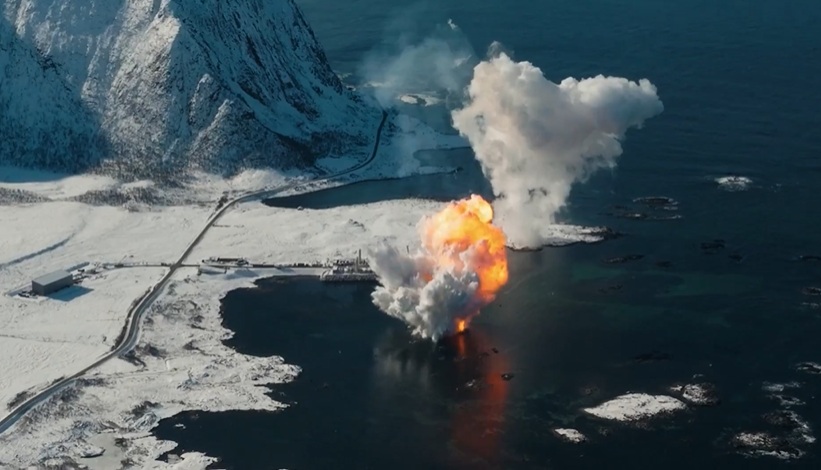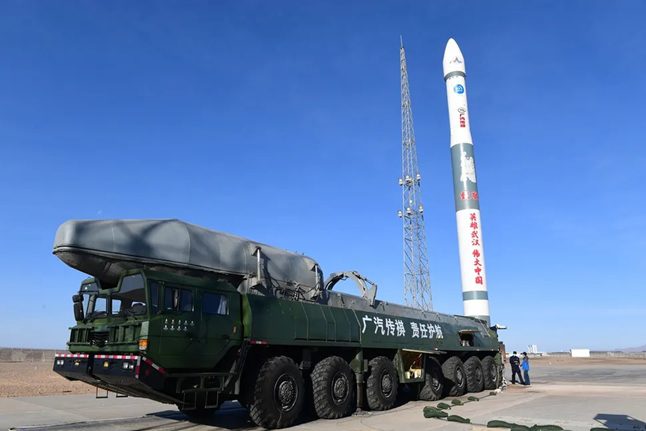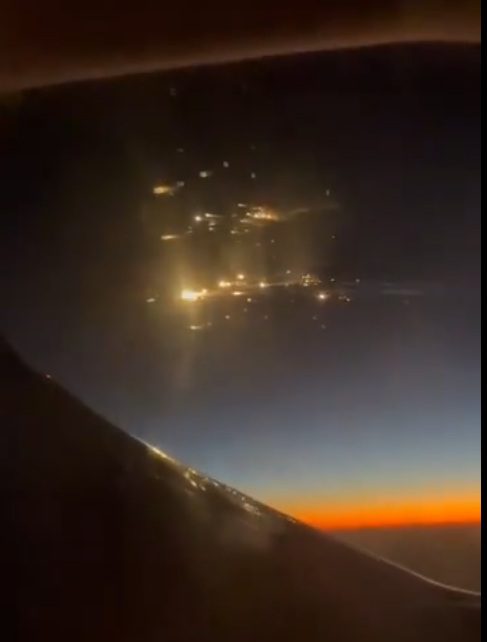In what must feel like a déjà vu moment for SpaceX, the prolific rocket launcher has found its Falcon 9 rockets grounded by the Federal Aviation Administration (FAA) after one of them lost a booster in a failed landing.
At 0748 GMT on 28 August, a Falcon 9 v1.2FT Block 5 rocket, carrying Starlink Group 8-6, lifted off from its launch pad at Cape Canaveral Air Station, Florida, US. The vehicle had 21 Starlink satellites on board. Although the launch went as planned, with the satellites successfully deployed into orbit, it was the landing that went awry.
As the rocket’s first stage attempted to land on a A Shortfall of Gravitas, a droneship in the Atlantic Ocean, flames spewed out from the base of the booster. The Falcon 9’s first-stage booster tipped over following touchdown on the droneship and fell apart as it did so. SpaceX cut off the webcast exposing the whole incident just after this moment, which marked the company’s first unsuccessful booster landing in three and a half years.
Another Falcon 9 launch had been scheduled to take off hours later, this time from Vandenberg Space Force Base in California, but SpaceX promptly put it on hold “to give the team time to review booster landing data from the previous launch,” the company wrote in a post on X (formerly Twitter). The company did not provide a new launch date, a move that proved prudent since it did not take long for the FAA to put all Falcon 9 launches on hold.
The temporary measure, issued on the same day as the launch, was made to give the regulator time to check any possible public safety risks posed by the failed landing – although no injuries or further damage (other than to the booster) were caused.
It’s the second time this year that the agency has grounded Falcon 9 rockets. In July, a Falcon 9 v1.2FT Block 5 rocket suffered an upper-stage engine failure that left the 20 Starlink satellites stranded in orbits that were too low. The FAA forced SpaceX to pause any other planned Falcon 9 launches at the time, although this only lasted a couple of weeks.
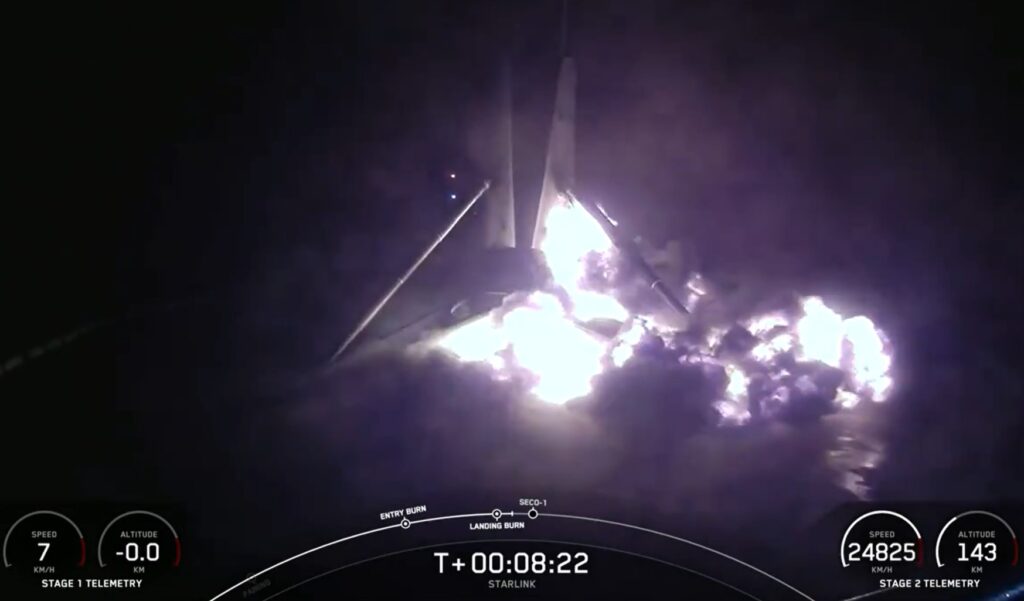
The Falcon 9 booster was seen tipping over during a live webcast of the launch. Courtesy: SpaceX
Comment by Farah Ghouri: We are likely to see Falcon 9 launches back in business as soon as the cause of the booster landing anomaly becomes clear, and SpaceX can demonstrate it has made relevant safety modifications. However, the reputational damage is a different story. Although the two incidents appear to relate to separate parts of the Falcon 9 rocket, they aren’t a good look for one of SpaceX’s most hardworking launch vehicles.
Update on 31 August: Falcon 9, as expected, returned to the launchpad on 31 August from Cape Canaveral Space Force Station’s Space Launch Complex 40, carrying 21 Starlink satellites. Another Falcon 9 was launched on the same day, from Vandenberg Space Force Base’s Space Launch Complex 4E. The FAA gave SpaceX permission to resume the launches on 30 August, while the investigation into the anomalous flight is ongoing.

